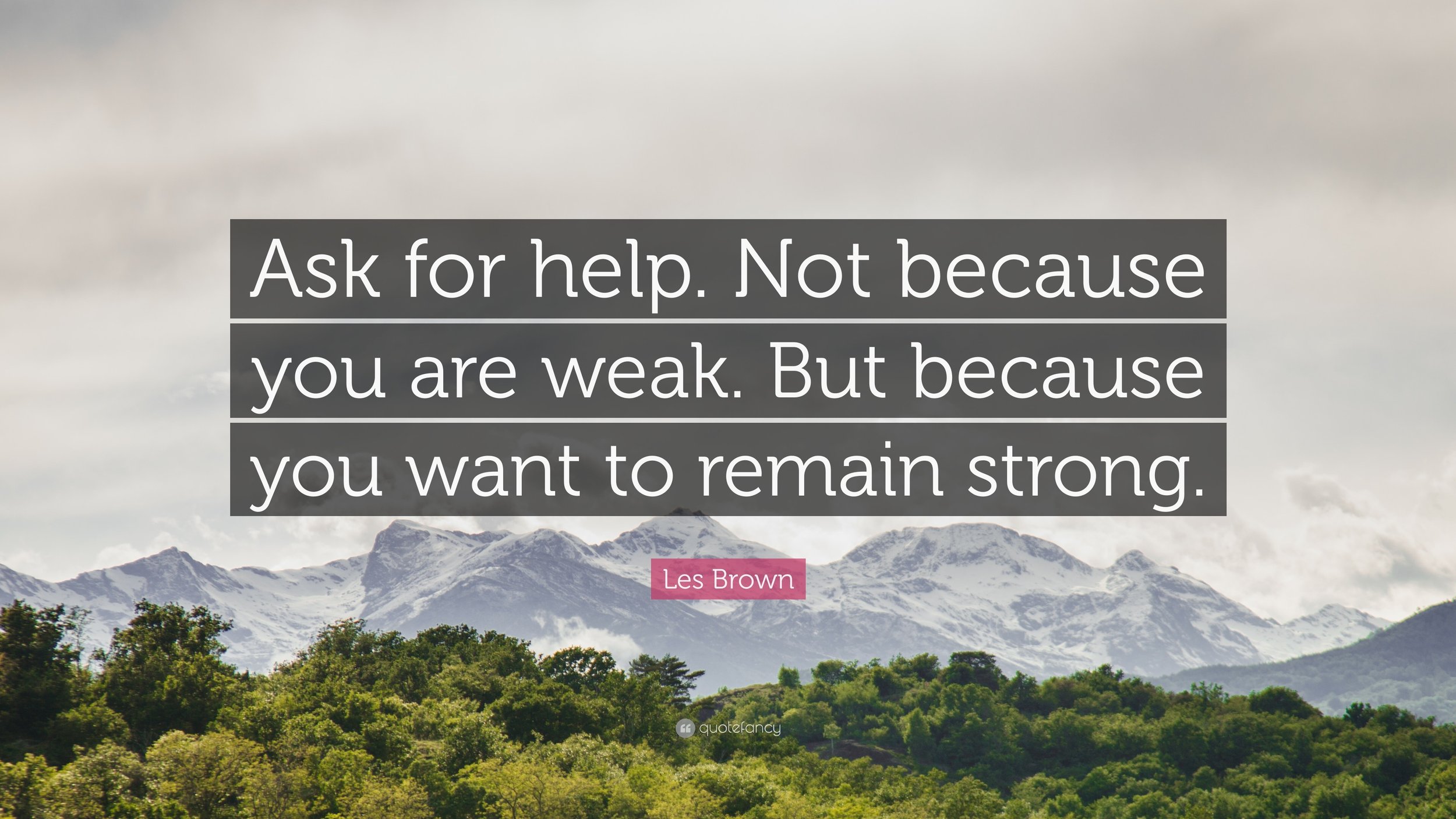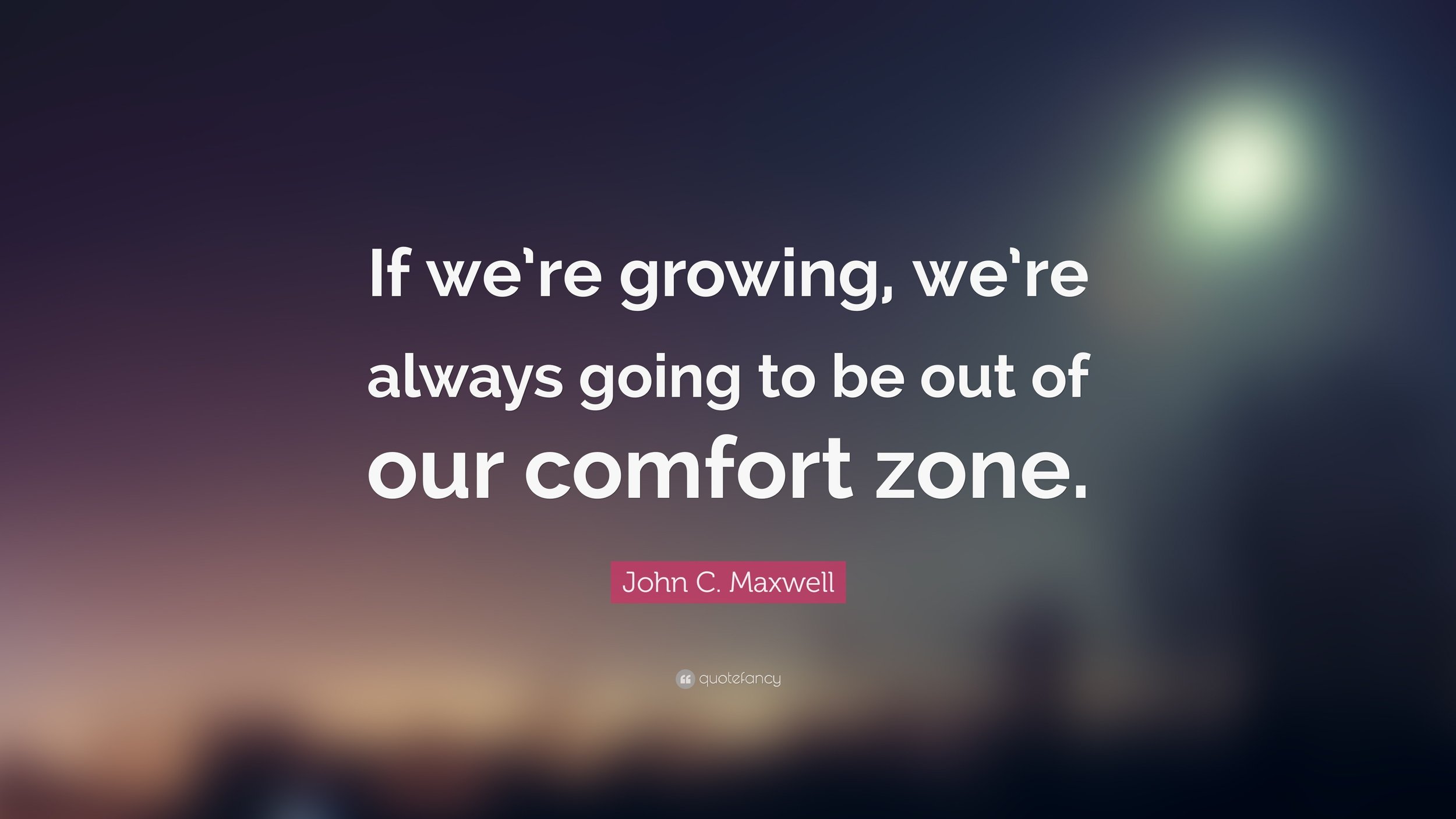
Finding Support in Challenging Times
Support is crucial to getting through challenging times, and not being able to express how we are doing can lead to further mental health problems. Reaching out for help is hard, and not everyone feels capable or ready to do that when they need help. If we are not really listening when we ask people how they are doing, we are perpetuating a dangerous cycle.

Emotional Co-Regulation
The really amazing thing about mirror neurons is that you can use your mirror neurons to help your child when they are struggling to regulate their own emotions. If you stay calm in situations which are causing your child distress (ie frustration, anxiety, fear, anger, etc) and maintain a supportive presence, your child will essentially “catch” your calm.

A Guide for Parents to Support Children’s Mental Health
As parents, we play an important role in shaping their emotional well-being but it can be hard to know where to start. This blog post will provide practical tips about how parents can actively support and create a positive mental health environment for their children.

How To Help Kids When Big Emotions Happen
When individuals are struggling with emotional regulation, their emotions feel very out of control to them. In young children, this can look like throwing tantrums, refusal behaviors and excessive worrying. Struggling to regulate emotions is pretty common, even us adults struggle with it at times. However, it is pretty easy to teach kids skills which help them to regulate their emotions.
